News + Media
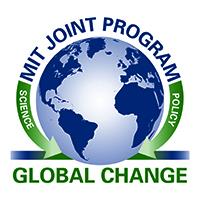
MIT News | Apr 28, 2008
Entekhabi to lead science team for NASA satellite mission
Professor Dara Entekhabi will lead the science team designing a NASA satellite mission to collect global soil moisture measurements and other data seen as key to improving weather, flood and drought forecasts and predictions of agricultural...
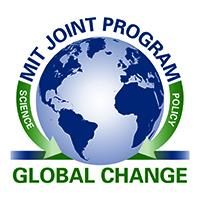
MIT News | Apr 17, 2008
Provides confirmation that climate change intensifies storms
Hurricanes in some areas, including the North Atlantic, are likely to become more intense as a result of global warming even though the number of such storms worldwide may decline, according to a new study by MIT researchers.
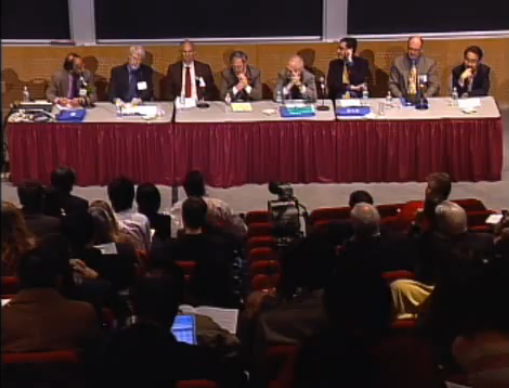
Jan 29, 2008
Rajendra K. Pachauri leads fellow members of the Nobel Prize-winning IPCC in a remarkable public session of soul-searching. Now that the IPCC has helped make climate change a signal issue of our times, what next?
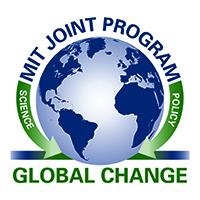
Technology Review - January/February 2008 | Jan 01, 2008
A leader in documenting man-made climate change, MIT's Ronald Prinn has also made it his business to inform world leaders--and the public--about the risks of ignoring it.
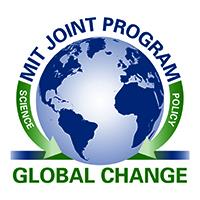
MIT News | Nov 13, 2007
U.S. greenhouse gas emissions could grow more quickly in the next 50 years than in the previous half-century, even with technological advances and current energy-saving efforts, according to a new study on The Implications of the Historical...
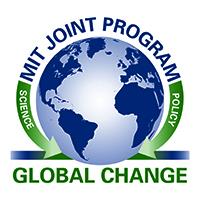
MIT News | Oct 26, 2007
A novel study by the MIT Global Change Joint Program concludes that increasing levels of ozone due to the growing use of fossil fuels will damage global vegetation, resulting in serious costs to the world's economy. The analysis, reported in the November issue of Energy Policy, focused on how three...
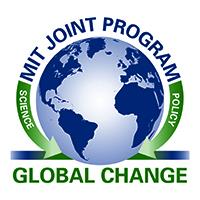
MIT News | Oct 11, 2007
Boosting ethanol production by growing more corn in the United States without considering the quality and availability of water by region could put a significant strain on water resources in some parts of the country, a committee of the National Research Council said in a report released this week.
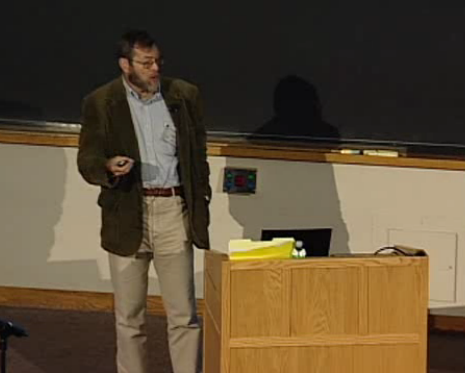
Oct 09, 2007
Paul Falkowski, Dianne Newman, Daniel Pauly, Ronald Prinn, Daniel Nocera, Roger Angel, Margaret Leinen, Brad Allenby
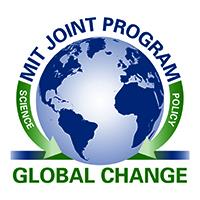
In The News
US Climate Change Science Program | Jul 10, 2007
Coordinated by the U.S. Department of Energy, this Synthesis and Assessment 2.1 report is titled Scenarios of Greenhouse Gas Emissions and Atmospheric Concentrations, and Review of Integrated Scenario Development and Application, and provides...
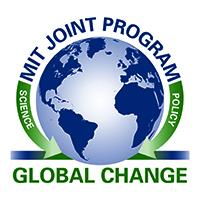
MIT News | Jul 05, 2007
The MIT Center for Energy and Environmental Policy Research is one of six organizations to receive support in the first round of grants from the Doris Duke Charitable Foundation as part of its $100 million initiative to tackle global climate change.

